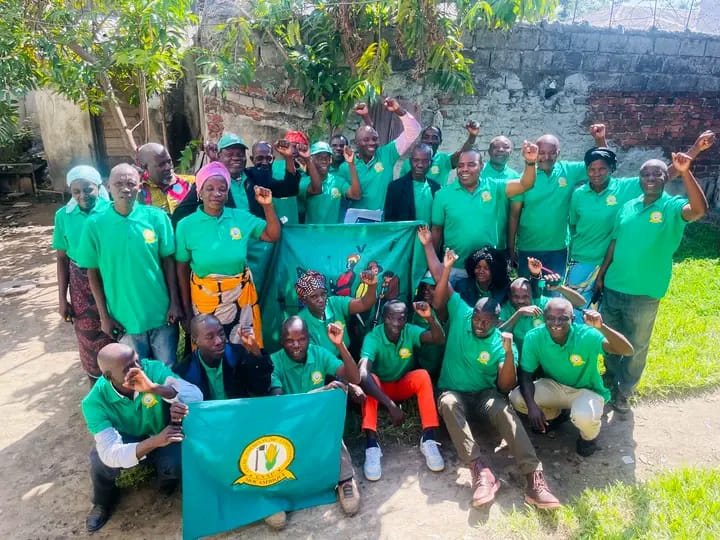The peasants in Mozambique commemorated the International Day of Peasant Struggles, the 17th of April, by carrying out various activities during this month to highlight their struggles.
The Zambezia Provincial Union of Peasants (UPC-Z), organized training sessions for advocacy agents from the three districts of Namarroi, Ile and Mulevala respectively. In these districts, there are land conflicts between peasants and the tea and, eucalyptus plantation companies.
The tea company of Indian origin, Socone is exploiting the land through tea plantations for tea leaf production in the district of Ile. While in the districts of Ile, Namarroi and Mulevala, Portucel, a Portuguese company, is exploiting eucalyptus plantations for pulp production.
UPC-Z working together with its support partner Norwegian People’s Aid have been monitoring the land conflicts in these districts and building the capacity of the communities to resolve such conflicts. According to Mr. Timóteo Bernardo Rui – provincial coordinator of UPC-Z, when his organization became aware of the suffering of their fellow peasant farmers and their communities, they decided to take action through organising advocacy activities. The advocacy activities were targeted at the structure of the local government and the companies in question.
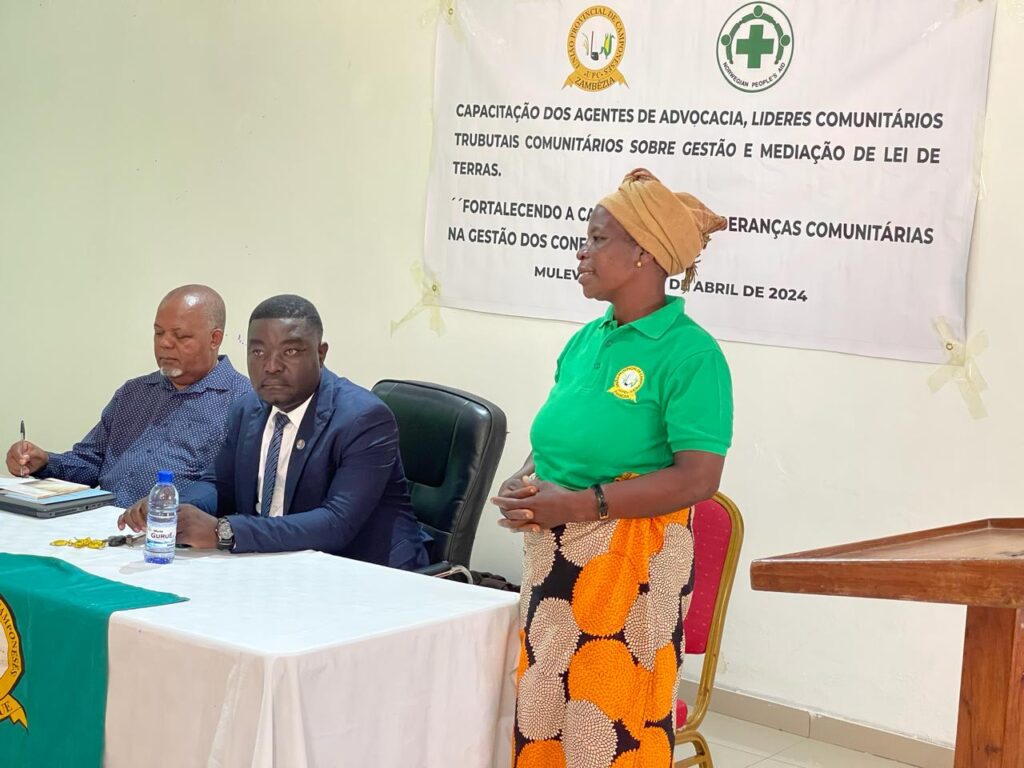
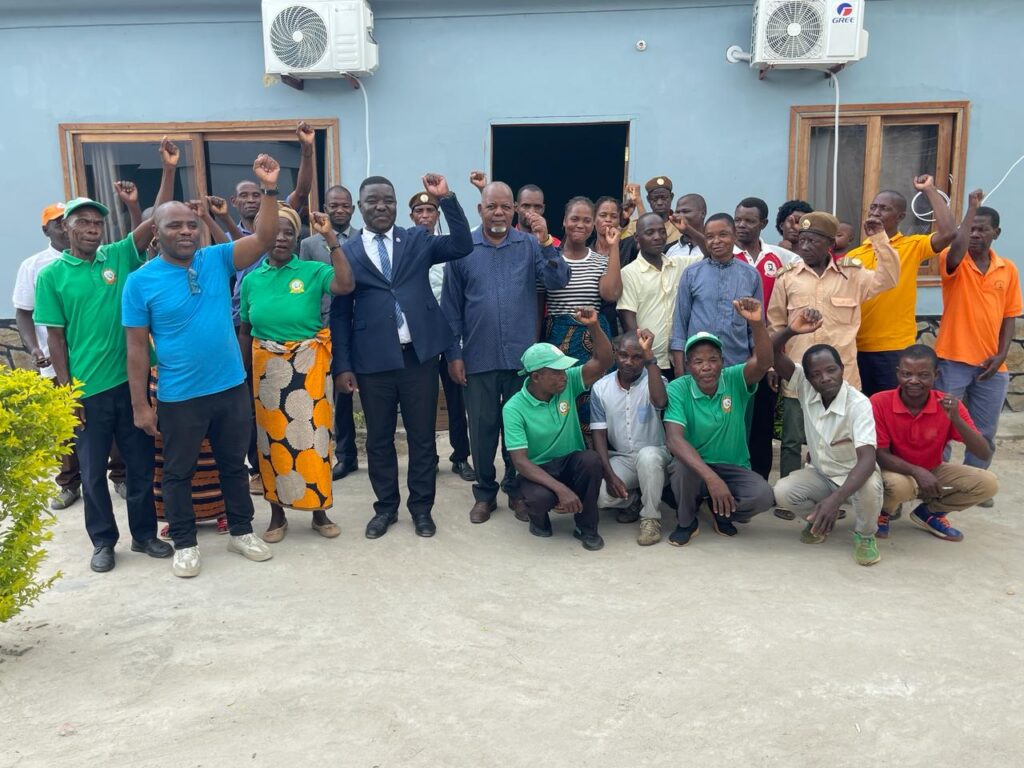
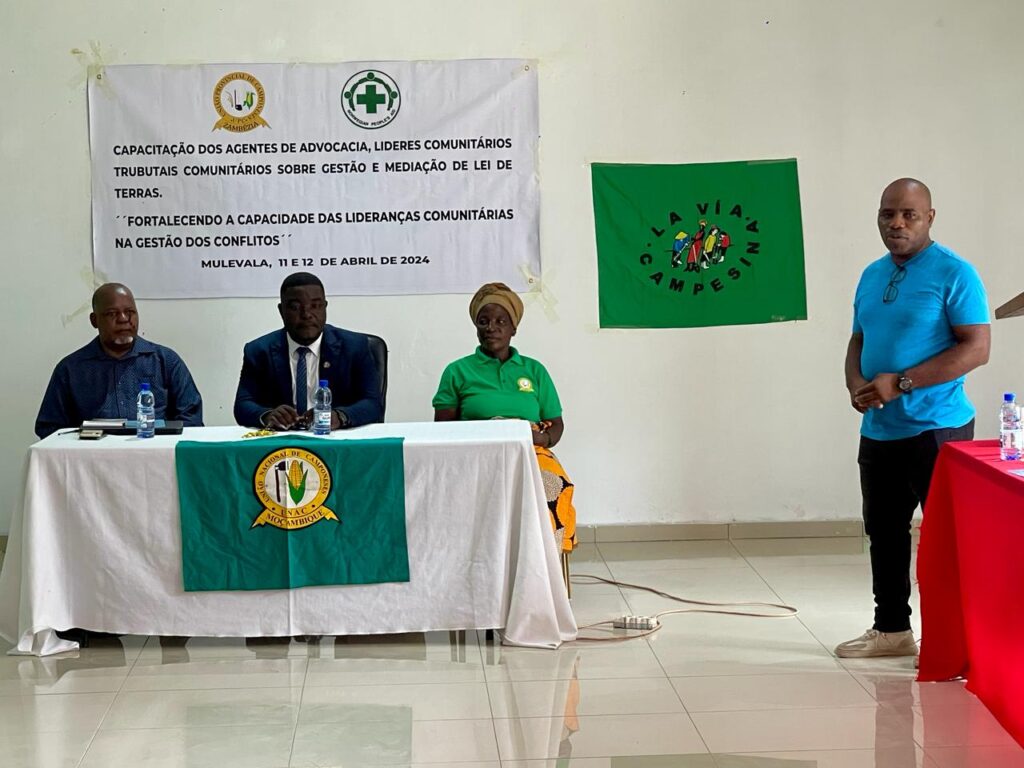
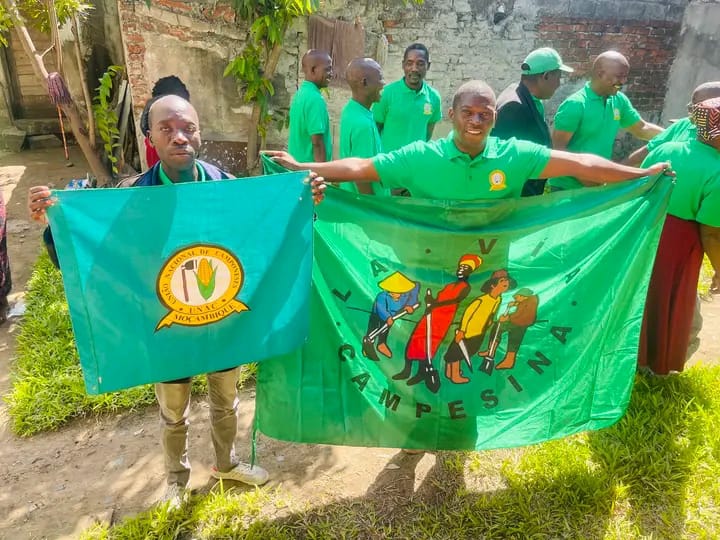
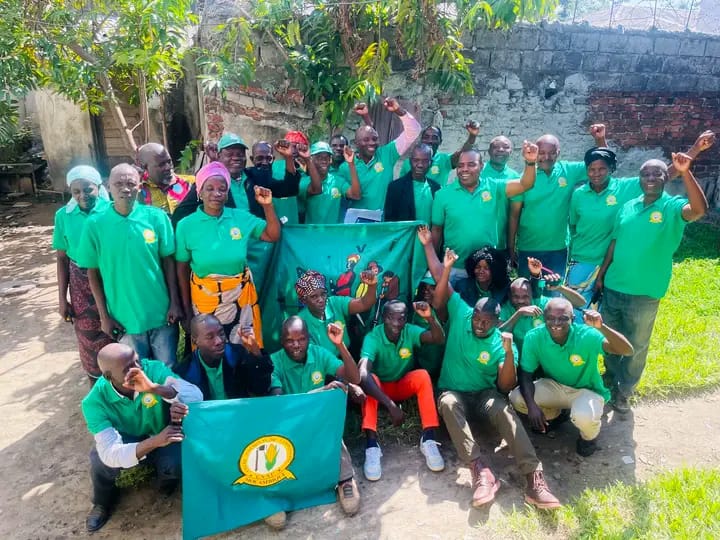
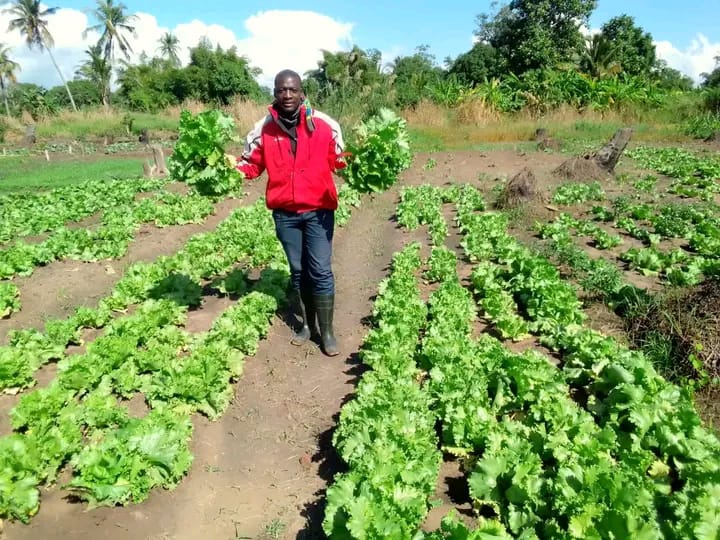
As a result of these actions, today, the peasants have managed to gained attention of the officials. The companies too, are addressing the land conflicts and are already returning the land to the peasants. Despite this achievement, UPC-Z has not stopped its support to the farmers. It has mobilized 10 volunteer members from each district to receive training to become advocacy agents. These agents attend regular training to equip them to defend their communities. In this month of peasant struggles, (April 17th) UPC-Z has been training the advocacy agents and the community leaders in conflict management as a way to strengthen conflict measurement skills within their communities.

